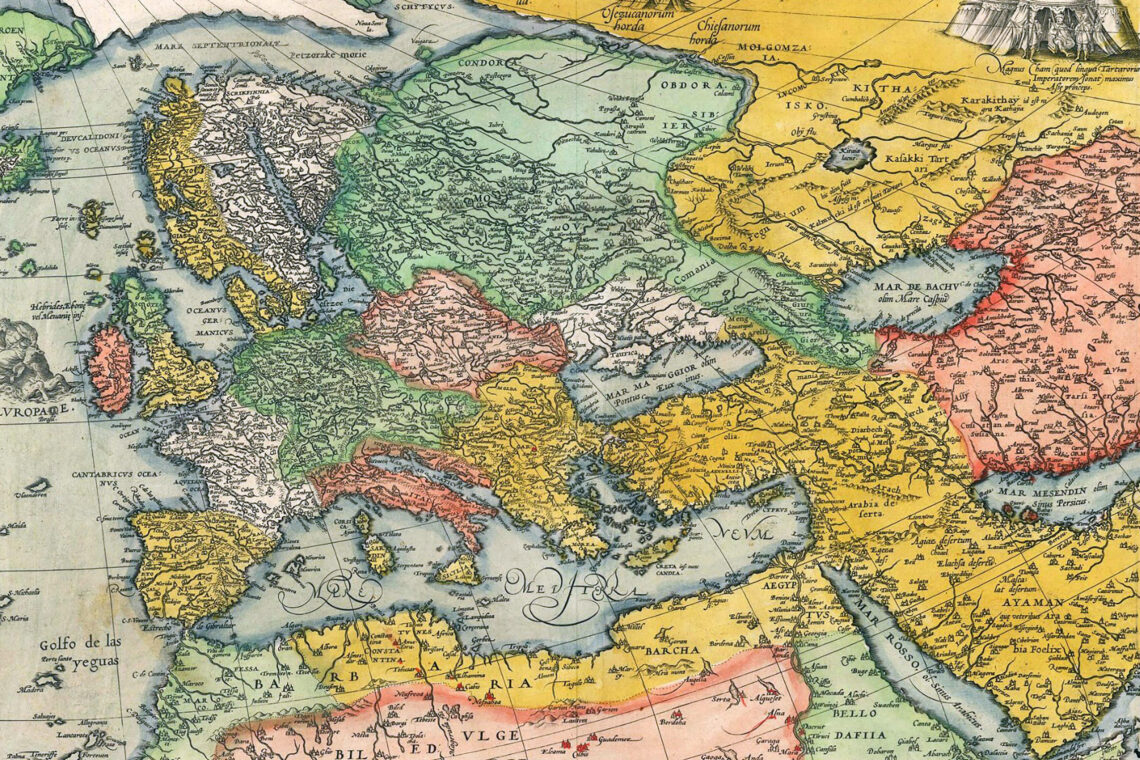The French are in trouble. The publication Charlie Hebdo has just published cartoons of Islam’s prophet, Mohammed, and now the French government is taking measures to protect its citizens in Muslim countries. I hear Friday may be the D-Day of Muslim protests, but if such protests take place in Morocco, I won’t be here to see them. It will be on my way back to the US.
Last week, soon after I landed in Morocco, my 12-year-old son and I got to witness a ragtag group of protesters walking down the main boulevard in Tangier in Morocco, holding black-and-white pictures of Osama bin Laden, spouting anti-Semitic slogans about the massacre of Jews in the so-called Khaybar battle during the Prophet’s time, and denouncing US President Obama as if he were the chief villain in the sound-and-fury global drama about the defamation of Prophet Mohammed in a stealthily produced YouTube video film. Young men shouted slogans variously referring to Allah, America and Facebook. They displayed black banners with Islam’s declaration of faith, while women followed dutifully in the back, humanizing their menfolk with less threatening demeanors.
The 200 or so Islamists seemed like a group of desperadoes who had bid their time and labored in the shadows for the longest time until they could find an excuse to walk defiantly along the city’s glittering streets. They were proud of standing up for the Prophet’s honor although few probably had seen the YouTube film. They had no idea that to the city’s café habitués they were a mere sideshow, a mere topic of conversation to fill up the long café hours and start new ones at some bar counter later that night.
Morocco has a mature civil society, a longstanding tradition of peaceful protests, and a strong government. It is also America’s oldest friend in the world. During that same week, Secretary of State Hillary Clinton met with a Moroccan delegation in Washington to plan out a road map for future partnerships. Things are not likely to get out of control here, despite the West’s repeat offense with the cartoons of Charlie Hebdo. The point, however, is if such protests happen in liberal Morocco, what should one expect from dysfunctional states in in other parts of North Africa, the Middle East, and Southeast Asia?
Welcome to the newest chapter in the Arab Spring. President Obama helped liberate the people of Libya, Yemen, and Egypt from the dungeons of secular tyrants, only to find himself ensnared in the web of the Islamist monster and its moderate Muslim enablers. I am by now almost exhausted trying to explain to anyone willing to listen that in free societies everyone is lampooned—no exceptions—but I keep getting the same quizzical looks. One can’t mess with the muqadassat, or the sacred, is the common refrain here.
The West and the rest of the world will not know peace until critical thinkers in the Arab and Muslim worlds start speaking out and getting an audience from the global media. There is no alternative to native dissent to the suffocating culture of the sacred. Muslims are as intellectually capable as anyone else in the world, but their minds are almost hopelessly shackled by taboos, big and small, social and political. Instead of producing a culture of critical thinkers, Muslim societies are teeming with thin-skinned moralists.
Religion is the only thing left to people in Muslim-majority nations, and to many Muslims in Western societies. Meanwhile, Muslim-majority nations, those whose flags display stars, crescents, and swords, can’t compete with a nation like South Korea, read as much as the Greeks or the Spaniards, contribute anything worth noting to global scientific research, or invent anything to save their lives.
There is, in fact, so much of religion in Muslim-majority nations that one is forced to wonder, most paradoxically, if there are any actual Muslims left. If, in reality, the homo islamicus is an incomplete and frustrated copy of his Western alter ego, Muslims are stuck in an impossible bind: They are totally dependent on the West for all the good things in life but are fanatically attached to religion as a marker of their separate identity. By being unable to be fully Western, they have forced themselves into an orthodox corner. Fanaticism is the result.
Westerners and Western-educated folk who apologize for Muslims by invoking the depredations of the West are not helping make things better. Muslims don’t need to indulge in a victim mentality; they need to develop their societies, build stronger economies, cultivate the arts and encourage innovation in all fields. Piety alone won’t get them there.
Let us, then, stop blaming the West for all the Muslims’ problems. For all the horrors it inflicted in the last 500 years, Western culture is the latest stage in the long march of humanity toward a more humane civilization. It is also the only game in town right now. To get respect, Muslims need to do more than wear Western clothes, or sew them in Western machines—they need to discover the mind behind Western inventions and claim it as their birthright.




Comments are moderated by the editor and may not appear on this discussion until they have been reviewed and deemed appropriate for posting. All information collected is handled in a manner consistent with our privacy policy.